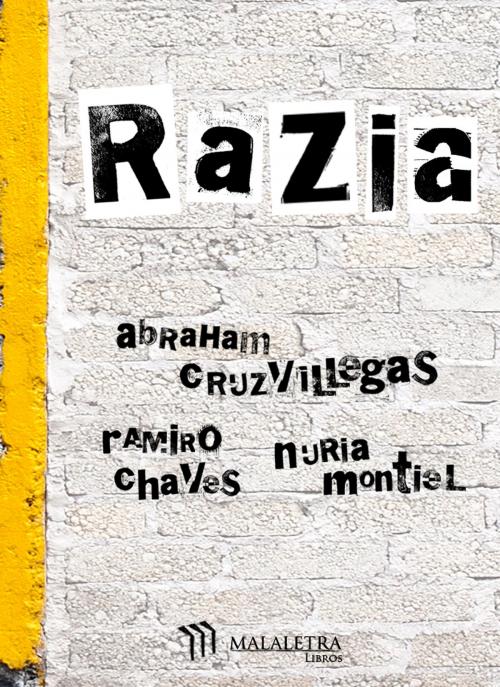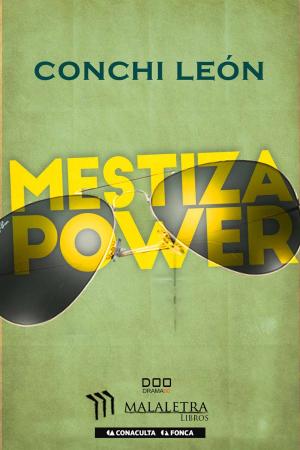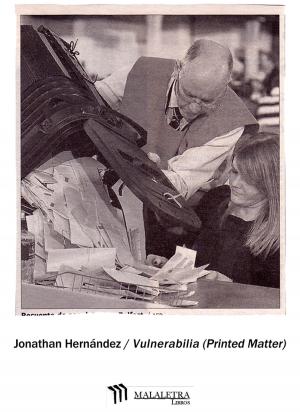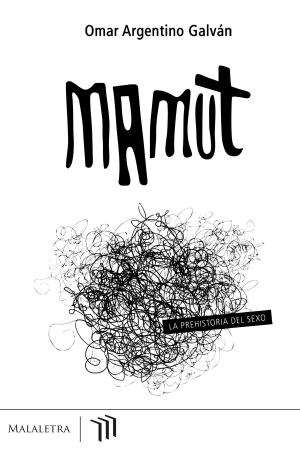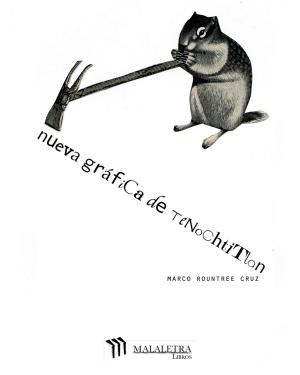Razia
Nonfiction, Art & Architecture, General Art, Individual Artist, Artists, Architects & Photographers| Author: | Abraham Cruzvillegas, Ramiro Chaves, Nuria Montiel | ISBN: | 9786078176151 |
| Publisher: | Publicaciones Malaletra Internacional | Publication: | November 7, 2016 |
| Imprint: | Language: | Spanish |
| Author: | Abraham Cruzvillegas, Ramiro Chaves, Nuria Montiel |
| ISBN: | 9786078176151 |
| Publisher: | Publicaciones Malaletra Internacional |
| Publication: | November 7, 2016 |
| Imprint: | |
| Language: | Spanish |
La idea central del libro proviene de tomar la letra de una de las canciones del disco "Autoconstrucción", que escribió Cruzvillegas y grabó con músicos de Glasgow en 2008. Las canciones aluden al lugar donde creció, la colonia Ajusco al sur de la Ciudad de México, a su entorno y a sus diferentes problemas sociales y políticos. "Razia", título de la canción que eligieron, habla de un desalojo violento y de la comunidad que se une para ayudar a una familia que se encuentra en problemas. Cada letra de las palabras que componen la canción fue impresa en la Imprenta Móvil de Nuria Montiel, que retoma la naturaleza contestataria de la gráfica y la palabra impresa. Así pues, cada letra impresa de Razia fue fotocopiada para formar -línea por línea- la canción completa. Luego las fotocopias fueron colocadas temporalmente en las fachadas de algunas de las casas de la colonia, operando en la vía pública como memoria y huella de las historias que se pueden contar allá. Ramiro Chaves registró con su cámara digital la acción, mostrando así el resultado del trabajo en conjunto de los tres artistas. // The central idea of the book comes from taking the lyrics from the songs on the "Autoconstrucción" record that allude to the place where Cruzvillegas grew up, the Ajusco neighborhood in the south of Mexico City, its surroundings and various social and political problems. "Razia", the title of the song they selected, speaks of an eviction and of the community pulling together to help a family in trouble. Every letter of every word in the song was printed on the Imprenta Móvil (Mobile Press), Nuria Montiel's project. Thereby, the printed lyrics of Razia were photocopied to form—line by line—the complete song. Then the photocopies were temporarily placed on the façades of some of the houses of the neighborhood, serving as reminder and testimony of the many stories that can be told. Ramiro Chaves recorded the result of the action with his digital camera.
La idea central del libro proviene de tomar la letra de una de las canciones del disco "Autoconstrucción", que escribió Cruzvillegas y grabó con músicos de Glasgow en 2008. Las canciones aluden al lugar donde creció, la colonia Ajusco al sur de la Ciudad de México, a su entorno y a sus diferentes problemas sociales y políticos. "Razia", título de la canción que eligieron, habla de un desalojo violento y de la comunidad que se une para ayudar a una familia que se encuentra en problemas. Cada letra de las palabras que componen la canción fue impresa en la Imprenta Móvil de Nuria Montiel, que retoma la naturaleza contestataria de la gráfica y la palabra impresa. Así pues, cada letra impresa de Razia fue fotocopiada para formar -línea por línea- la canción completa. Luego las fotocopias fueron colocadas temporalmente en las fachadas de algunas de las casas de la colonia, operando en la vía pública como memoria y huella de las historias que se pueden contar allá. Ramiro Chaves registró con su cámara digital la acción, mostrando así el resultado del trabajo en conjunto de los tres artistas. // The central idea of the book comes from taking the lyrics from the songs on the "Autoconstrucción" record that allude to the place where Cruzvillegas grew up, the Ajusco neighborhood in the south of Mexico City, its surroundings and various social and political problems. "Razia", the title of the song they selected, speaks of an eviction and of the community pulling together to help a family in trouble. Every letter of every word in the song was printed on the Imprenta Móvil (Mobile Press), Nuria Montiel's project. Thereby, the printed lyrics of Razia were photocopied to form—line by line—the complete song. Then the photocopies were temporarily placed on the façades of some of the houses of the neighborhood, serving as reminder and testimony of the many stories that can be told. Ramiro Chaves recorded the result of the action with his digital camera.
